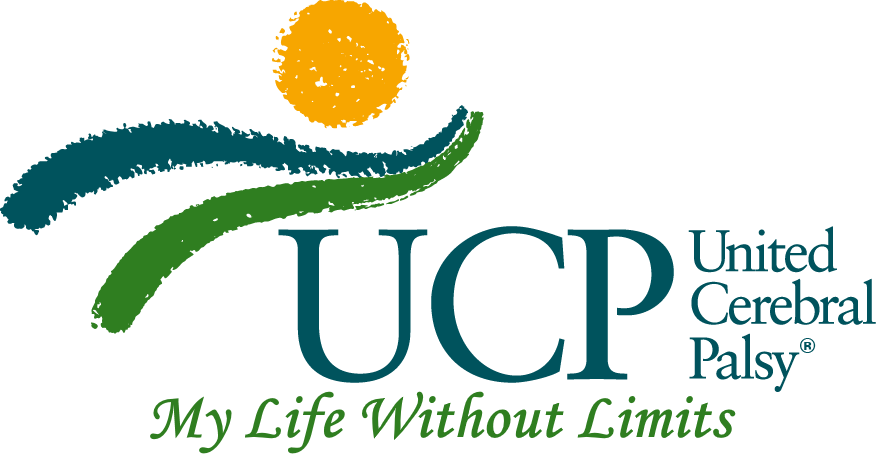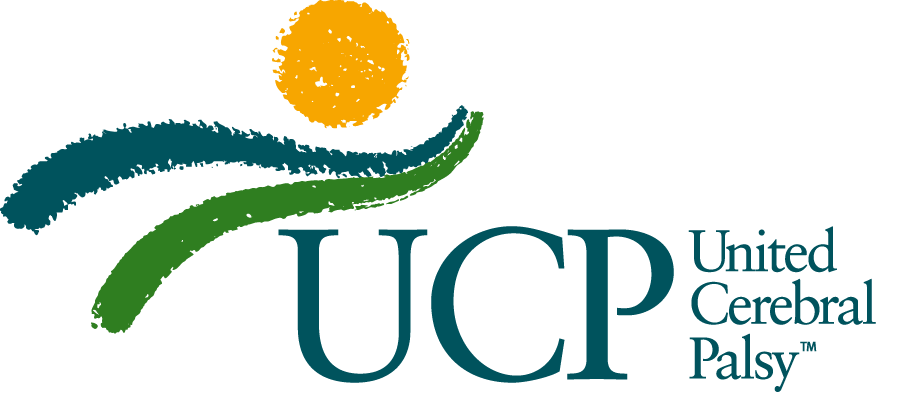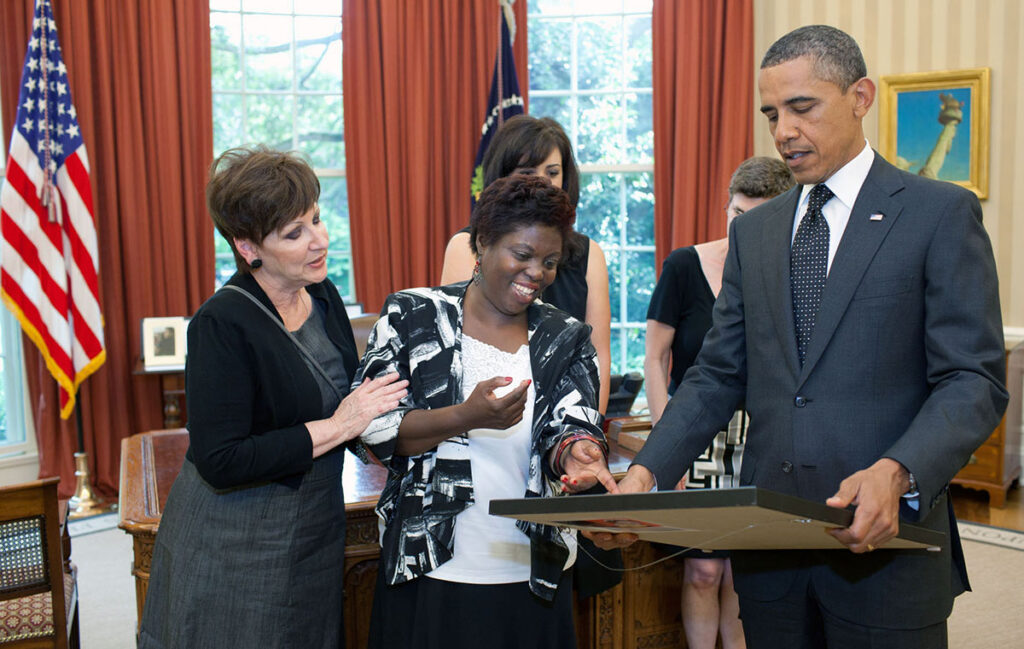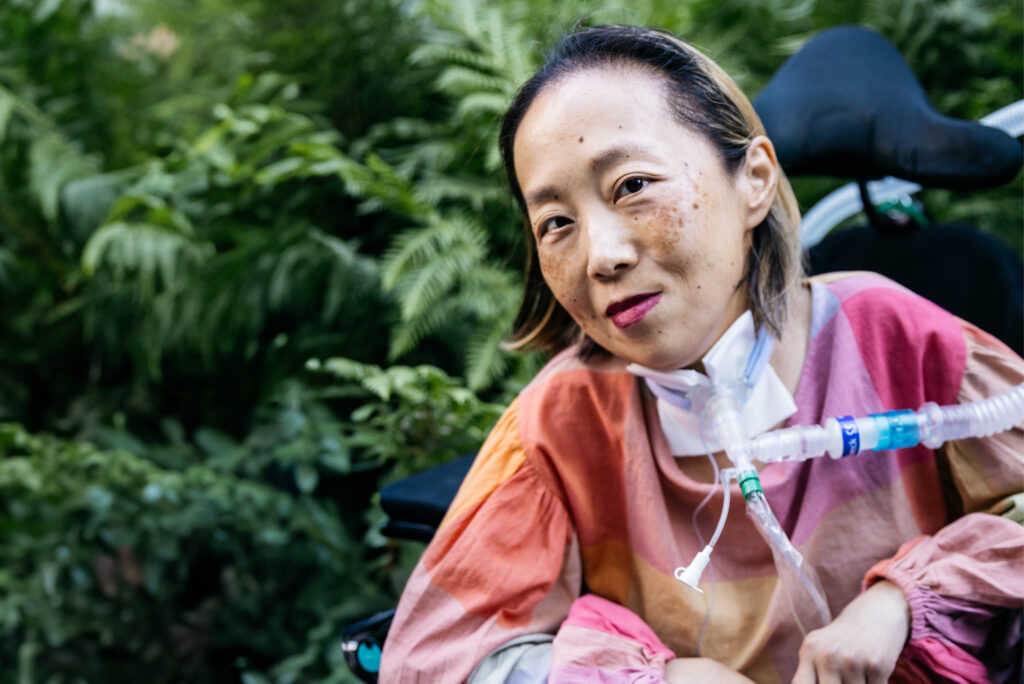By Yasmina Saba
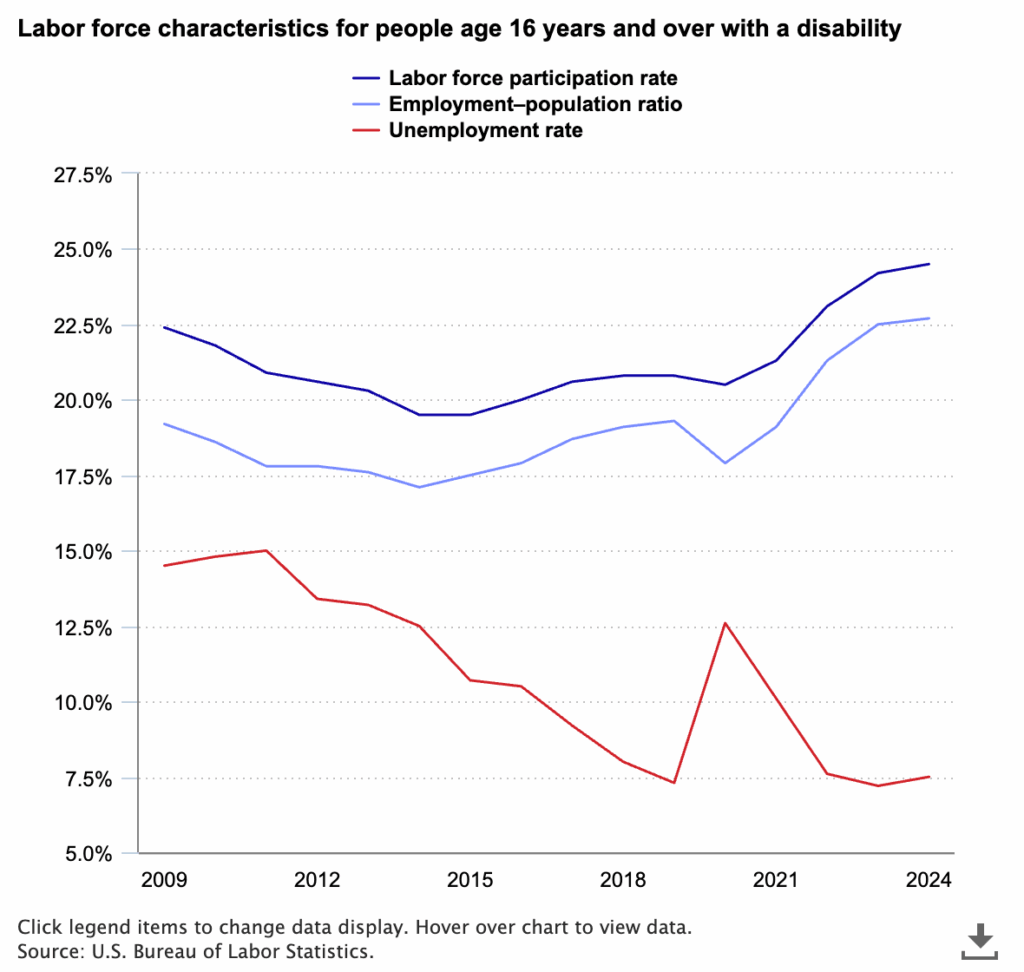
Finding a job with a disability can be challenging, even for highly qualified individuals. What happens when the perfect candidate is overlooked simply because of their disability? Unfortunately, it happens more often than most people realize.
According to the Bureau of Labor Statistics, in 2024, only 22.7% of people with disabilities were employed, compared to 65.5% of people without disabilities. That number hasn’t changed much from the year before. I’m proud to be part of that 22.7%, but it wasn’t easy.
In this blog, I’ll share the real barriers to employment that many people with disabilities face and how I overcame them to build a meaningful career.
The Reality of Employment for People with Disabilities
For people with disabilities, finding employment is often about more than just qualifications. Even with the right skills and education, many of us face invisible barriers that make the job search harder than it should be.
The employment gap between people with and without disabilities continues to highlight how much work still needs to be done in terms of accessibility, workplace inclusion, and equal opportunity.
Common Barriers to Employment
As someone with cerebral palsy, I could not (and still can’t) drive. Reliable transportation is undoubtedly a significant barrier to finding employment.
Physical demands also play a role. I once applied for a receptionist position at a doctor’s office, but one of the unlisted job requirements was cleaning the office at the end of each day — including vacuuming. Because I use forearm crutches, that task wasn’t physically possible for me.
Sometimes, jobs that seem accessible on paper may not be designed with real-world accessibility in mind.
Disclosure Dilemmas: When to Share Your Disability
Another major challenge was deciding when to disclose my disability. Legally, no one is required to share their disability status during the hiring process — but for me, my cerebral palsy is an integral part of who I am and how I function. I felt like if I didn’t disclose it in the application process, I was keeping a big part of who I am from my potential employer.
I also had to keep in mind that once I went into an interview, it would be obvious because of the mobility aids I use. Would my potential employer feel like I was keeping something from them? On the flip side, while it’s illegal for employers to discriminate against people with disabilities, many job seekers still fear that disclosing will hurt their chances of being hired.
The Emotional Toll of Job Searching

One other barrier I faced was not disability but discouragement. The job search can be exhausting for anyone — but when you’re facing accessibility issues and potential bias, it can be even harder.
The rejection and constant effort that yielded nothing — well, it led to quite a lot of depression and anxiety associated with job hunting. I struggled for two years to find a job after I graduated from college, and it definitely took a toll on my mental health.
Overcoming Barriers to Employment
The good news is that eventually, I came out on the other side of this with a job! So, how did I overcome these barriers? To start, I stayed busy and sought ways to improve myself and gain experience that would enhance my resume, while applying my skills in rewarding ways.
I started volunteering with United Cerebral Palsy (UCP), which helped me gain experience in a real-world setting in an inclusive and supportive environment. I also landed a part-time position with a physical therapy clinic. These two roles helped me channel my energy and minimize my discouragement.
Helpful Employment Resources for People with Disabilities
I also sought help from the Department of Rehabilitation Services (DORS). There is one in every state. I had worked with them previously for my education and transportation. This time around, DORS provided an employment coach whom I worked with for a year.
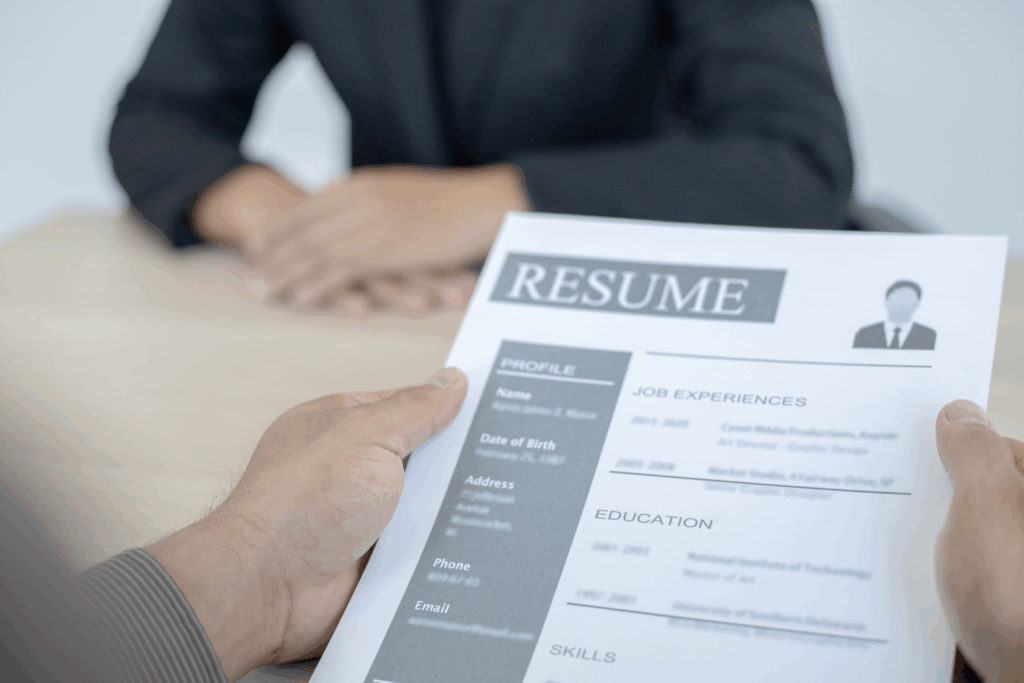
My coach, Lauren, assisted with transportation to interviews, helped me find the right opportunities, and ensured my resume was top-notch. DORS also offered an adult learning experience, similar to an internship. They paid for me to work as an intern for 12 weeks. Fortunately, that 12-week internship led to full-time employment as an independent living specialist.
I like to think that DORS helped find somewhere where I could thrive, and both my skills and my experience as someone with a disability helped my employer realize that I was a perfect fit for this role. I just needed a chance to show how I could apply myself to meet their goals, and DORS helped me do that.
Throughout the UCP Network, some affiliates offer job training and employment services. Be sure to explore other great resources, including SourceAmerica and the AbilityOne Program, too.
Lessons Learned: Encouragement for Disabled Job Seekers
In my experience of finding work, I learned that patience is key. Finding a job is hard work! Don’t let it affect your perception of yourself and what you have to offer. Keep trying!
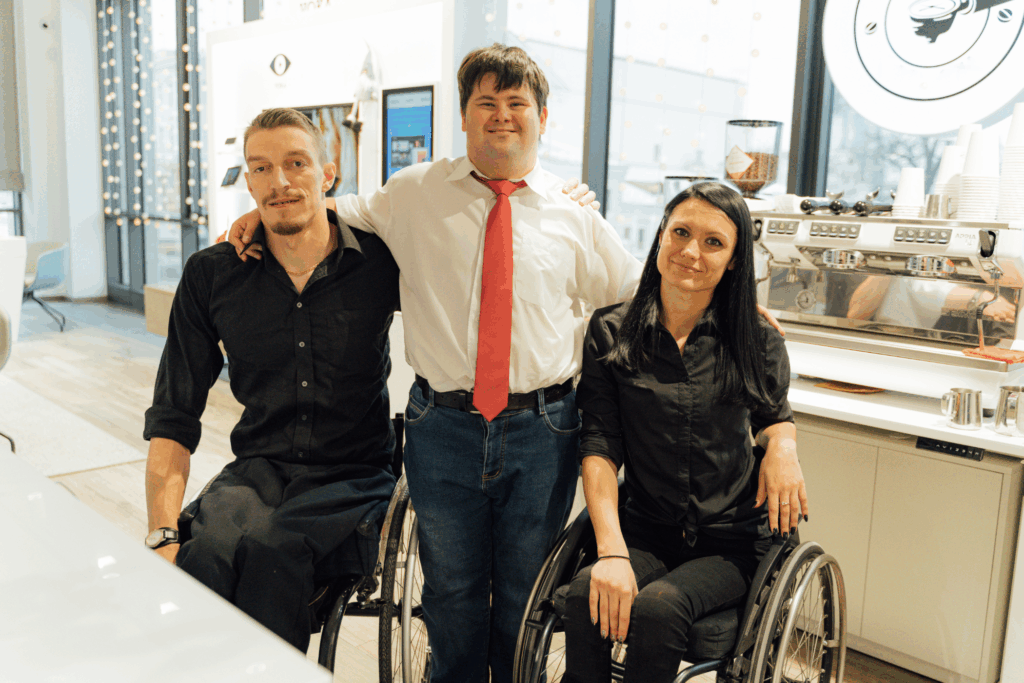
Networking is another avenue that should not be overlooked. Find ways to connect with people and resources that can help you. You never know how one thing could lead to another. I’ll admit that I was afraid of using my connections to land a job because I wanted to do it on my own. I felt like I had something to prove to others when it came to working and having a disability.
The reality is, whether you have a disability or not, the job market right now is challenging. It is OK to ask for help opening a door, because at the end of the day, when you are in an interview, you are doing it on your own.
About the Author
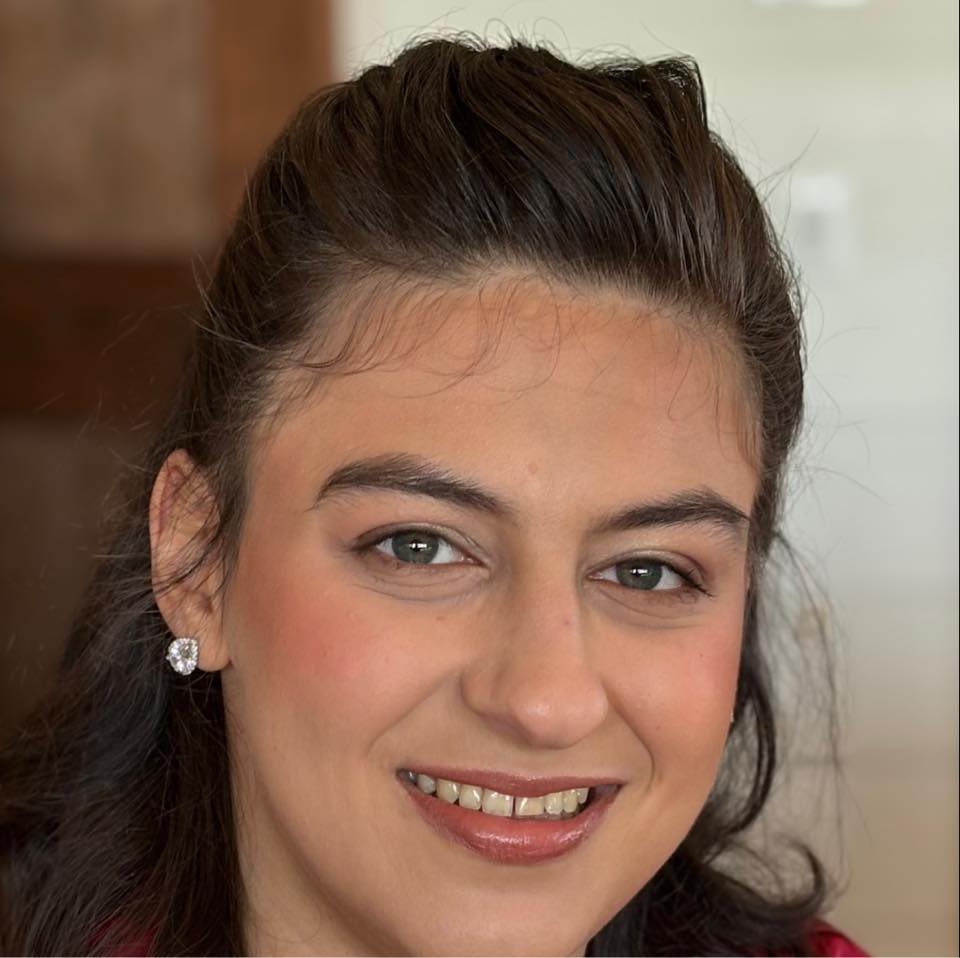
Yasmina Saba is a dedicated marketing volunteer with UCP, bringing her passion for storytelling and community engagement to the team. With a background in communications, marketing, and nonprofit outreach, she has experience in content creation, social media strategy, and persuasive communication. As someone with cerebral palsy, she is deeply committed to accessibility, advocacy, and independence. Through her contributions, Yasmina hopes to educate the UCP community about what it’s like living with a disability, foster connections with others facing similar challenges, and share valuable insights that empower and uplift. Beyond her volunteer work, Yasmina enjoys traveling, diamond painting, and movies — creative outlets that inspire her.
